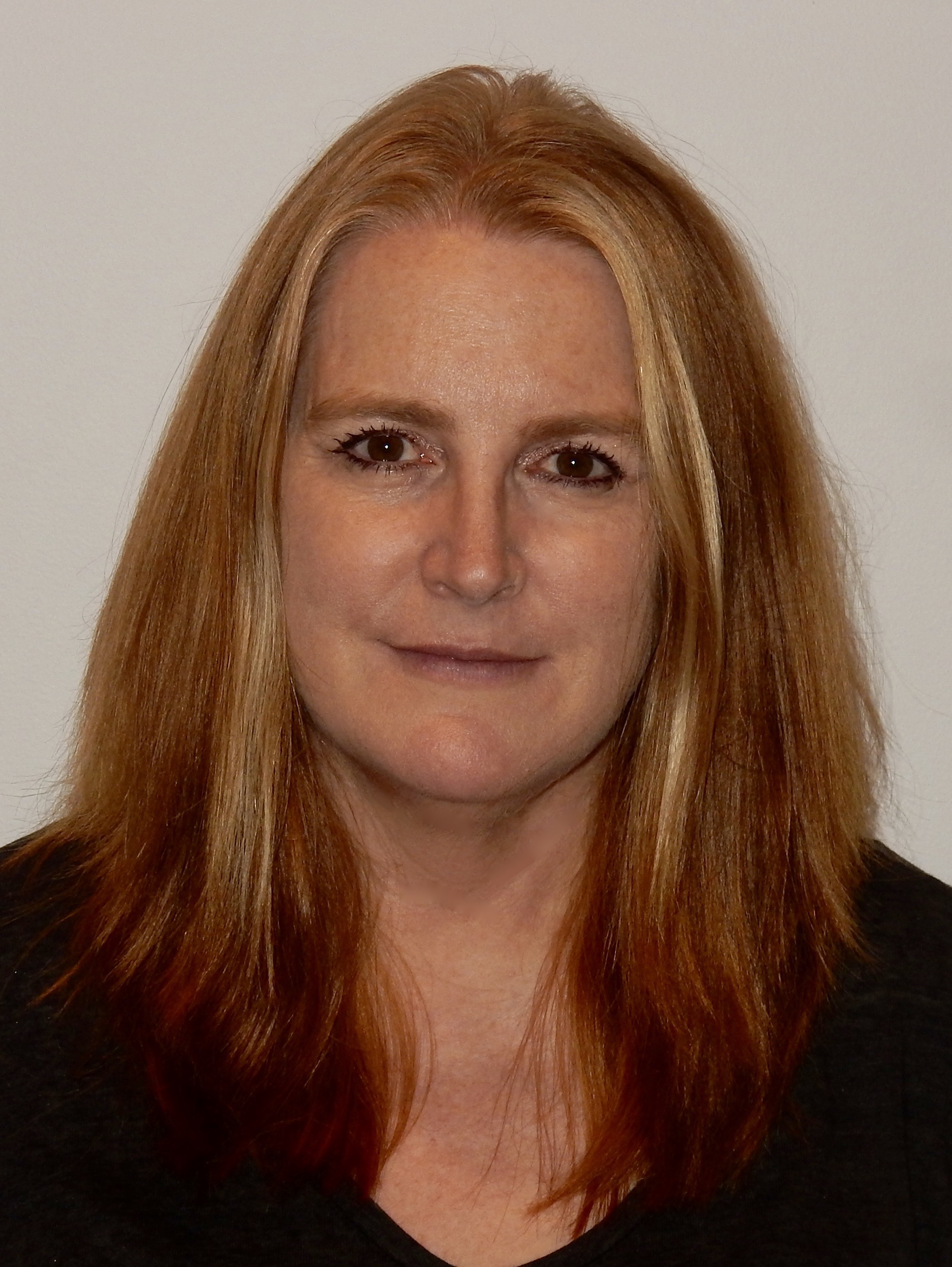Cognitive-Interactionist SLA: Findings, new methods and the big picture
Alison Mackey, Georgetown University
Abstract
Cognitive approaches to interaction, feedback
I then highlight important methodological developments that can further our understanding of how interaction, feedback
Then I turn to emergent constructs, focusing on one under-studied but promising new area: whether and how individual differences in cognitive creativity are related to interaction, feedback, tasks
Lastly, I consider how we can best move ahead. I will give some examples of how cognitive-interactionist work can deepen engagement with the increasingly important open science movement, and I will raise questions about why funding in this area is so scarce in the U.S. in particular (as illustrated with findings from a new survey). We can address both through informed advocacy, and collaboration with related fields. I conclude by arguing that interaction, feedback
Biography
 Alison Mackey is Professor of Linguistics at Georgetown University and in summers, Professor of Applied Linguistics at Lancaster University. Her interests include interaction-driven L2 learning, L2 research methodology and the applications of interaction and feedback through task-based language teaching, as well as L2 dialects and identities. She has published 75+ journal articles/book chapters, and 15 books in total, including the Mildenberger prize-winning Handbook of SLA (co-edited with Susan M. Gass). Mackey is Editor-in-Chief of the Annual Review of Applied Linguistics, published by CUP, #1 of 181 Linguistics Journals for 2017 Impact factor. She is co-founder of the Instruments for Research into Second Languages (IRIS) database project (funded by ESRC and the British Academy) and co-editor of the Taylor and Francis Second Language Acquisition series. She has lived and taught applied linguistics and ESL/EFL in the U.K., Japan, Australia, and the U.S.
Alison Mackey is Professor of Linguistics at Georgetown University and in summers, Professor of Applied Linguistics at Lancaster University. Her interests include interaction-driven L2 learning, L2 research methodology and the applications of interaction and feedback through task-based language teaching, as well as L2 dialects and identities. She has published 75+ journal articles/book chapters, and 15 books in total, including the Mildenberger prize-winning Handbook of SLA (co-edited with Susan M. Gass). Mackey is Editor-in-Chief of the Annual Review of Applied Linguistics, published by CUP, #1 of 181 Linguistics Journals for 2017 Impact factor. She is co-founder of the Instruments for Research into Second Languages (IRIS) database project (funded by ESRC and the British Academy) and co-editor of the Taylor and Francis Second Language Acquisition series. She has lived and taught applied linguistics and ESL/EFL in the U.K., Japan, Australia, and the U.S.
